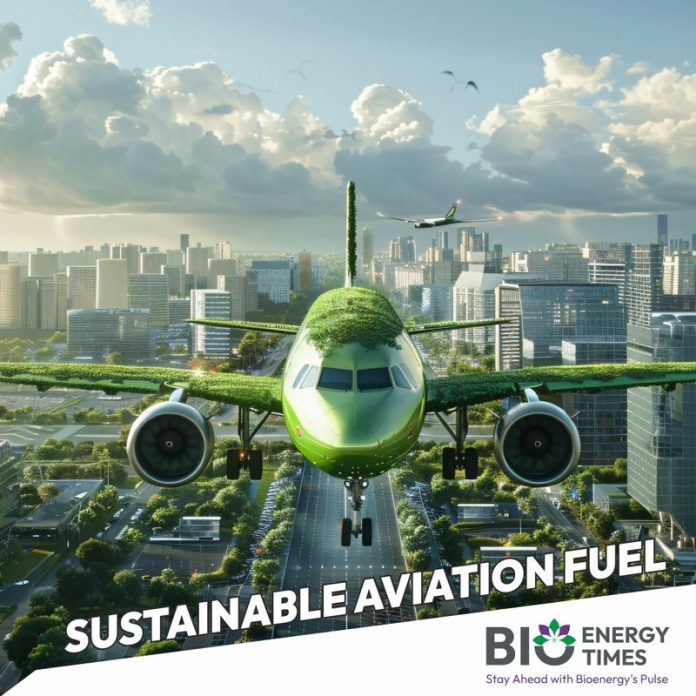After a series of delays, the world’s first commercial facility designed to produce sustainable aviation fuel (SAF) from ethanol is now expected to begin operations before the end of 2025, according to its developer, LanzaJet.
According to Bloomberg, the US$200 million (S$257 million) plant, located in rural Soperton, Georgia, was initially slated to begin production in 2024. However, due to equipment-related setbacks, the launch has been pushed to the end of September this year, LanzaJet chief executive Jimmy Samartzis confirmed in a recent interview.
“The modifications we’ve made to the equipment—which were unrelated to the core technology—should now enable us to move forward,” Mr. Samartzis said. “My hope is that by the end of the third quarter, we are fully operating.”
Backed by funding from the U.S. government, LanzaJet’s facility is being seen as a key test case for the emerging ethanol-to-jet fuel sector. In 2024, the company imported ethanol made from Brazilian sugarcane for trial production. However, more than a year later, it has yet to sell any of its green jet fuel on the open market.
Since President Joe Biden’s 2021 announcement calling for 11.3 billion litres of annual domestic SAF production by 2030, the U.S. market for sustainable aviation fuel has grown significantly—rising more than sevenfold to 146.4 million litres by 2024, according to official figures.
SAF can be derived from a wide range of raw materials, but not all feedstocks qualify for federal incentives. Under the new 45Z tax credit, only SAF made from North American sources and demonstrating at least a 50% reduction in greenhouse gas emissions qualifies for support. This excludes Brazilian sugarcane ethanol—the very feedstock LanzaJet intends to use at startup.
Despite this, Mr. Samartzis confirmed that the Georgia plant will begin production using Brazilian ethanol, citing the limited availability of qualifying American alternatives.
“There just isn’t enough U.S. ethanol that meets the 50 per cent emissions reduction threshold right now,” he said. LanzaJet aims to transition to domestic feedstocks as soon as viable options become available. In the meantime, Mr. Samartzis is advocating for a more flexible emissions threshold of 30 per cent, which would broaden eligibility for the tax credit and provide a lifeline for early adopters in the SAF sector.
Once fully operational, the Georgia facility is expected to produce 37.8 million litres of SAF and renewable diesel annually, marking a critical step in the aviation industry’s transition to lower-carbon fuels.














